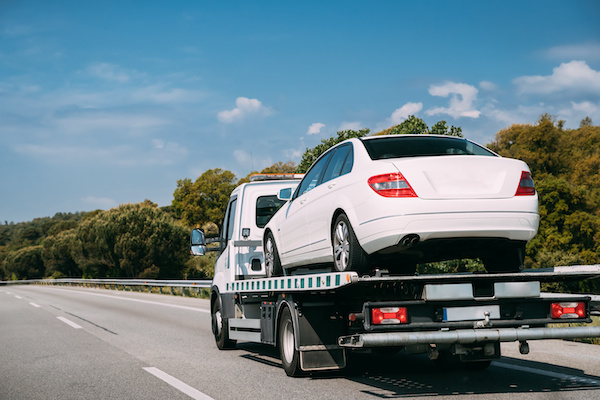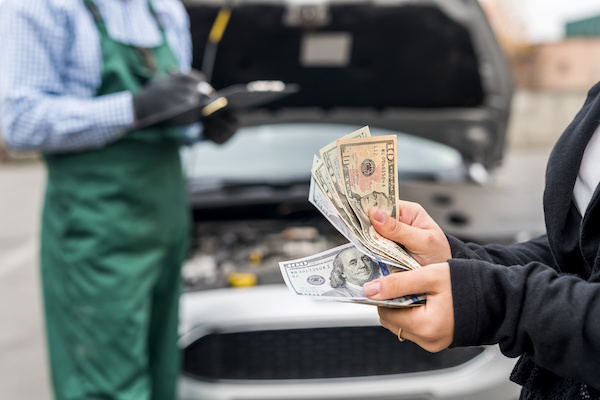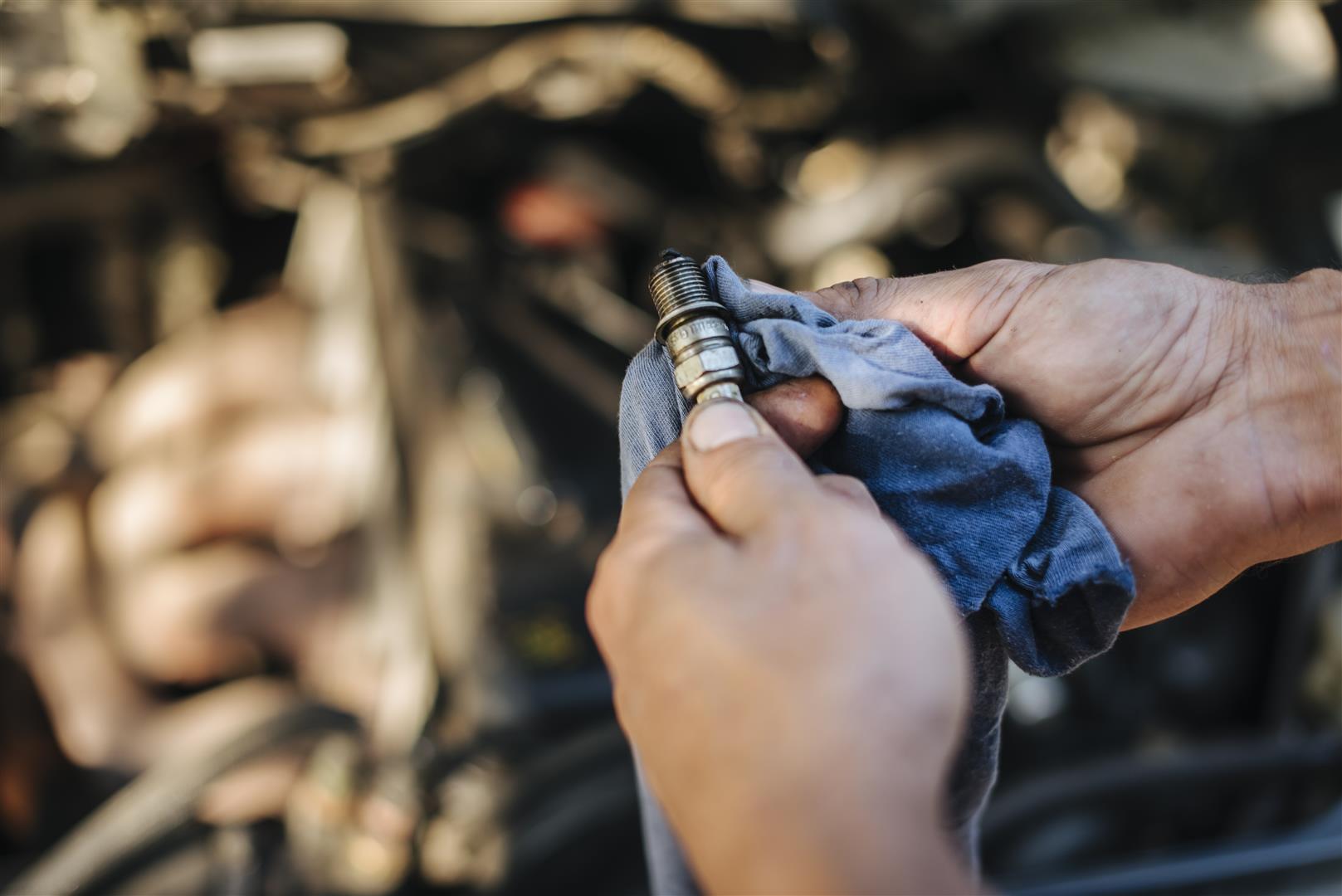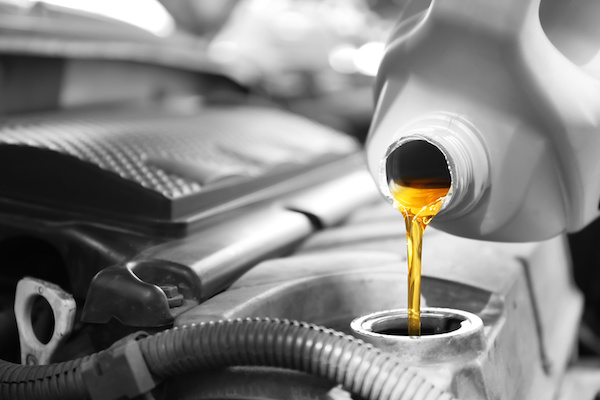Posted on 8/31/2023

Cruising down the highway, enjoying your drive, when suddenly, your car starts making unusual noises. What might it be? Well if that sound we just mentioned is joined by a sudden performance loss, we have bad news. While the exact reason can be anything from engine misfires to a blown turbo, we can share a simple thing you can do. Consider calling a repair shop that offers towing services in order to avoid further issues. What Are Towing Services? Towing services are a savior for stranded motorists. They involve the use of specialized vehicles to transport your disabled or immobile car to a repair shop or another desired location. These services are a lifeline when your car refuses to cooperate, leaving you stuck on the side of the road. When to Consider Towing Services Now, let's get to the heart of the matter – when should you consider calling in the cavalry? Breakdowns When your vehicle refuses to start or experiences a major mechanical failure, towing services are y ... read more
Posted on 7/31/2023

Did you know that if you take care of your automobile, it will take perfect care of you in return? The truth is that whether you are commuting to work, running errands, or going for a vacation, you spend a lot of time in your automobile. Therefore, why not keep yourself on top of this precious investment's maintenance schedule and enjoy the following benefits, including saving money in the long run? Boosts Safety Arguably, increased safety is the central benefit of preventive maintenance. Performing regular checks on your car will increase your safety while driving. You will avoid broken parts or larger problems while on the road. Increases Operational Efficiency When your car runs in optimal conditions at all times, it increases operational efficiency significantly. And that's where proper implementation of preventive maintenance comes in. This means that your precious machine saves on energy and resources. Lengthens Asset Lifespan No doubt, any equipment runs longer wh ... read more
Posted on 6/27/2023

How often do you check your car's spark plugs? Although often overlooked, spark plugs are critical to your engine's performance. Vehicles have several parts that must all function optimally to ensure maximum performance and safety on the road. Your car will show the following hints that it needs new spark plugs. 1. Engine Won't Start The battery often takes the blame when your car fails to start. However, there are instances when the spark plugs are the culprit. Therefore, the engine must work harder to compensate for the worn-out or torn plugs, making it difficult to start, especially in harsh weather conditions. Damaged plugs will not produce enough spark to start the engine. 2. Rough Idling Check your car's spark plugs if the engine makes rattling, jittery, or knock-like noises. You hear strong disconcerting vibrations in your vehicle that may damage other sensitive components. We suggest visiting a professional mechanic immediately to check your plugs and other ... read more
Posted on 5/30/2023

We've all stood in the aisle of an auto parts store before, staring at rows upon rows of engine oil bottles. The options seem endless, each bottle showing different specifications and promises. But which one is the right choice for your car? The truth is that selecting the appropriate motor oil is crucial for your vehicle's engine's optimal performance and longevity. Today, we will dive into the factors to consider when determining the kind of motor oil your car needs. Viscosity Grade: Engine oil is labeled with numbers and letters, such as 5W-30 or 10W-40. These numbers represent the viscosity grade, which indicates the oil's resistance to flow at different temperatures. The first number, followed by a "W," describes the oil's viscosity at cold temperatures, while the second number indicates the viscosity at operating temperature. The owner's manual or oil cap should have the recommended viscosity grade for your vehicle's ... read more
Posted on 4/28/2023

As winter fades, Spring brings its own special challenges for driving. The roads stop being covered in snow, but rain persists. Visibility and grip will be adversely affected, making accidents more likely. You should hence do all you can to get your car ready for spring. The following are a few things you should do: Change Oil and Filter After surviving the winter, your car needs a brand-new bottle of fresh oil for the engine to run smoothly. A mechanic should pour all the oil out of the car and replace it with oil that will usher in the Spring. You should also schedule a change of your vehicle's oil filter. A good oil filter will ensure that your car runs at maximum efficiency, all through the Spring. Get A Full System Tune-Up Before Spring arrives, you should get a full systems check-up of your vehicle. Many things can get compromised when driving during winter, some of which may not be apparent. Modern vehicles have many systems that all need to be up to date for the car ... read more